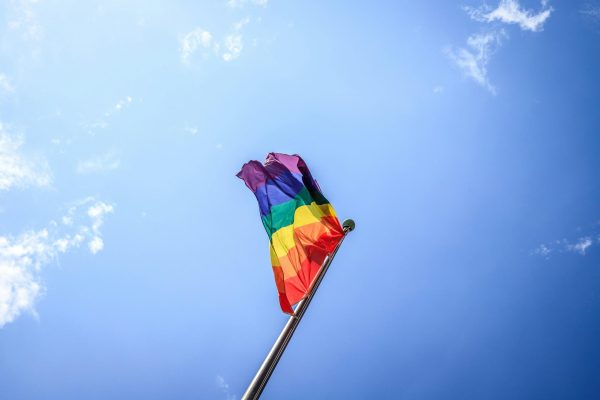SCOTUS to Revisit ICWA
The Indian Child Welfare Act has been labeled an exemplar system in child welfare practice by experts like Casey Family Programs since the act’s passing in 1978; now challengers want it gone
The Indian Child Welfare Act (ICWA) is a federal law that seeks to keep Native American children with Native American families. It was passed in 1978 in response to the high number of indigenous children being removed from their families by public and private agencies and placed in non-Native families.
According to the Montana Department of Public Health and Human Services, prior to the passage of ICWA, 75 to 80
percent of Indigenous American families living on reservations lost at least one child to the foster care system, mainly because authorities didn’t respect Native American cultural values and wanted to continue stripping Native communities of their culture by stopping younger generations from carrying it on.
A 2021 Texas lawsuit, Haaland v. Brackeen, claims ICWA is unconstitutional because it prevents non-Native families from adopting Native children, has made its way through lower courts and is headed to the Supreme Court of the United States(SCOTUS) Nov. 9 when the court is scheduled to hear oral arguments.
“One of the most serious failings of the present system is that Indian children are removed from their natural parent’s custody by non-tribal governmental authorities who have no basis for intelligently evaluating the cultural and social premises underlying Indian home life and child rearing,” Choctaw tribal chief, Calvin Isaac, said during US Senate testimony before ICWA’s passage.
Proponents argue the act is integral to maintaining tribal sovereignty and the preservation of Native American culture.
“Many of the individuals who decide the fate of our children are, at best, ignorant of our cultural values and, at worst, have contempt for the Indian way,” Mr. Isaac said.
Your donation will support the student journalists of East Lyme High School. Your contribution will allow us to purchase equipment and cover our annual website hosting costs.
